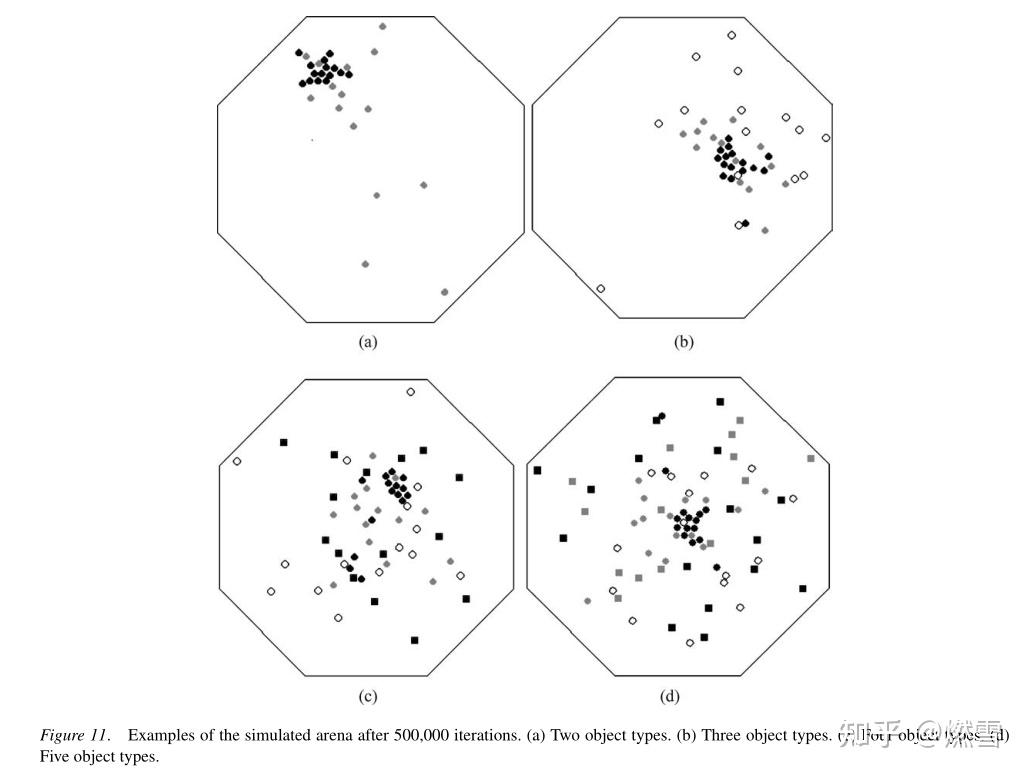|
In recent years, the world has witnessed a growing concern over environmental issues and a pressing need to transition towards sustainable practices. This global call for change has led to the rise of green technology, a field dedicated to developing innovative solutions that minimize harm to the environment and promote a more sustainable future. In this article, we will explore the importance of green technology and its impact on various sectors. One of the key areas where green technology is making significant strides is renewable energy. Traditional energy sources such as fossil fuels have long been associated with greenhouse gas emissions and environmental degradation. However, advancements in green technology have paved the way for cleaner alternatives like solar power, wind energy, and hydropower. These renewable energy sources harness the natural elements without depleting finite resources or contributing to climate change. Furthermore, green technology is revolutionizing transportation. With the rapid growth of electric vehicles (EVs), there is a shift away from conventional gasoline-powered cars towards cleaner modes of transportation. EVs produce zero tailpipe emissions, reducing air pollution and improving overall air quality. Additionally, advancements in battery technology are extending the driving range of EVs and making them more accessible to the general public. The construction industry is also benefiting from green technology. Sustainable building materials and techniques are being adopted to construct energy-efficient structures that minimize resource consumption and maximize efficiency. Green buildings incorporate features such as efficient insulation, solar panels, and smart systems that optimize energy usage. These environmentally friendly constructions not only reduce carbon footprints but also promote healthier living and working environments. Moreover, green technology plays a crucial role in waste management and recycling. Innovative processes are being developed to convert waste into valuable resources, reducing landfill waste and minimizing the extraction of raw materials. Technologies like composting, anaerobic digestion, and recycling systems are transforming waste into biofuels, organic fertilizers, and recycled materials, contributing to a circular economy. In agriculture, green technology is revolutionizing farming practices. Precision farming techniques, enabled by data analytics, satellite imagery, and IoT (Internet of Things) sensors, are optimizing resource usage while minimizing environmental impact. Farmers can monitor soil quality, water usage, and crop health in real-time, allowing them to make informed decisions that reduce pesticide and fertilizer usage, conserve water, and preserve biodiversity. In conclusion, the rise of green technology represents a significant step towards building a sustainable future. By embracing renewable energy, promoting clean transportation, adopting sustainable construction practices, implementing effective waste management strategies, and revolutionizing agricultural practices, we can mitigate the impacts of climate change and preserve our planet for future generations. As individuals, communities, and governments continue to prioritize sustainability, green technology will continue to play a vital role in shaping a greener and more resilient world.  |
